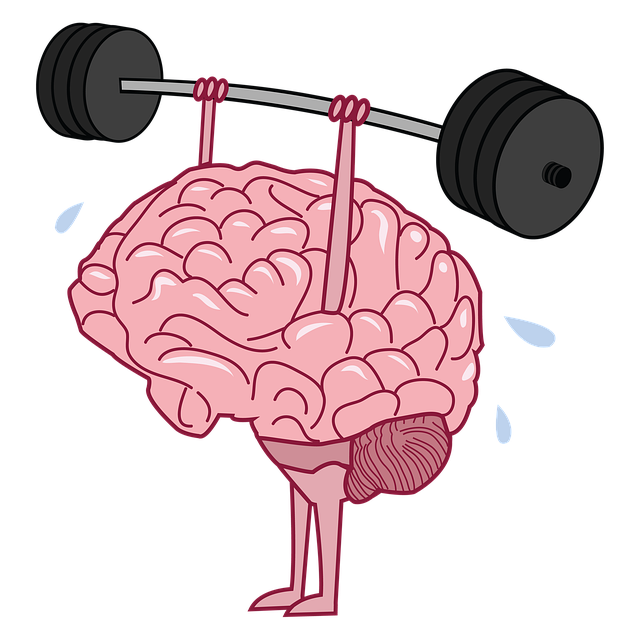Hydration is a critical component of healthy meal planning, playing a vital role in bodily functions, performance, digestion, nutrient absorption, and toxin elimination. Staying hydrated ensures optimal energy levels and overall well-being. Integrate water-rich foods like fruits, vegetables, and whole grains into your diet, along with consistent hydration goals, to support high energy and vitality through healthy meal planning.
Staying hydrated is not just a basic necessity; it’s a key component for achieving optimal energy and vitality. In our fast-paced lives, it’s easy to overlook the importance of water intake, but proper hydration plays a pivotal role in sustaining overall health and performance. This article delves into the science behind hydration, exploring how water supports nutrient absorption, metabolism, and overall well-being. We also offer practical strategies for incorporating adequate hydration into your daily routine, including insightful tips on healthy meal planning to maintain balanced hydration levels.
- Understanding the Importance of Hydration for Energy
- The Role of Water in Nutrient Absorption and Metabolism
- Strategies to Incorporate Adequate Hydration into Your Daily Routine
- Healthy Meal Planning Tips to Support Optimal Hydration Levels
Understanding the Importance of Hydration for Energy

Hydration is a fundamental aspect of maintaining optimal energy and vitality, often overlooked in discussions about healthy meal planning. Water plays a pivotal role in our bodily functions, from regulating temperature to transporting nutrients and oxygen to cells. When we don’t stay adequately hydrated, our physical and mental performance suffers. Dehydration can lead to fatigue, decreased focus, and reduced endurance, impacting our ability to engage in daily activities and maintain productivity.
Understanding the body’s water balance is crucial. Our bodies are composed of about 60% water, and each cell, tissue, and organ depends on an adequate water supply to function correctly. Proper hydration supports healthy digestion, enhances nutrient absorption, and aids in flushing out toxins through perspiration and urination. By incorporating a consistent hydration routine into your healthy meal planning, you can ensure that your body receives the essential fluid it needs to thrive, ultimately contributing to sustained energy levels and overall well-being.
The Role of Water in Nutrient Absorption and Metabolism

Water plays a pivotal role in optimal health, especially when it comes to nutrient absorption and metabolism. It acts as the body’s transport system, facilitating the movement of essential nutrients from food to cells. This is crucial for healthy meal planning, ensuring that every component of your diet—from vitamins and minerals to amino acids and complex carbohydrates—is effectively utilized. Without adequate hydration, these vital elements may not be absorbed or metabolized efficiently, leading to suboptimal energy levels and overall vitality.
Additionally, water is essential in the breakdown and digestion of food. It aids in turning macronutrients like proteins, carbohydrates, and fats into forms that are easier for the body to process. This breakdown process liberates energy stored within food, making it readily available for daily activities and maintaining peak energy throughout the day. Therefore, staying hydrated is not just about quenching thirst; it’s a fundamental aspect of healthy meal planning designed to maximize nutrient extraction and overall metabolic performance.
Strategies to Incorporate Adequate Hydration into Your Daily Routine

Staying hydrated is a fundamental aspect of maintaining optimal energy and vitality, and integrating this into your daily routine can significantly enhance overall well-being. A simple yet effective strategy is to carry a reusable water bottle wherever you go, encouraging consistent reminders to drink throughout the day. Setting specific hydration goals, such as consuming an appropriate amount of water with each meal, can also be beneficial. Incorporating hydration into mealtimes, especially during healthy meal planning, ensures a balanced approach to nutrition.
Incorporating fruits and vegetables rich in water content into your diet is another clever tactic. Items like cucumbers, tomatoes, and oranges not only provide essential vitamins and minerals but also contribute to your daily fluid intake. Additionally, herbal teas and infused waters can add variety to your hydration routine, making it more enjoyable. These simple adjustments make staying hydrated a natural part of your lifestyle, supporting your energy levels and overall vitality.
Healthy Meal Planning Tips to Support Optimal Hydration Levels

Maintaining proper hydration goes hand in hand with healthy meal planning, as both are crucial for optimal energy and vitality. When crafting your meals, prioritize foods rich in water content like fruits (especially citrus, melon, and berries) and vegetables (such as cucumbers, tomatoes, and lettuce). These not only contribute to your daily fluid intake but also provide essential vitamins and minerals.
Incorporating a variety of whole grains like quinoa, brown rice, and oats can further enhance hydration levels due to their high fiber content, which promotes water retention. Additionally, include lean proteins like chicken, fish, and tofu, which not only support muscle health but also aid in regulating body temperature and thirst. Remember, healthy meal planning isn’t just about what you eat; it’s also about when and how often you nourish your body. Staying consistent with balanced meals throughout the day ensures a steady supply of hydration and energy.
Staying hydrated is a key component of maintaining optimal energy and vitality. By understanding the importance of hydration, recognizing its role in nutrient absorption and metabolism, and implementing effective strategies to incorporate adequate water intake into daily routines, you can ensure your body functions at its best. Additionally, utilizing healthy meal planning tips can further support and optimize hydration levels, contributing to a vibrant and energetic lifestyle.
